Property Value Study
Property Value Study
The Cape Cod Commission has been a key partner in our mission to conserve the Three Bays watershed. In March 2015, the Commission released a report about property values that could be compromised by poor water quality.
Here is the Executive Summary of the report, followed by a link to read the entire document online.
Executive Summary:
Cape Cod depends on the quality of its water resources to drive its tourism-led seasonal economy. Nitrogen from septic systems leeching into groundwater and ultimately reaching surrounding coastal waters is an existing and future threat to the quality of water resources. Excessive nitrogen is the documented cause of severe eutrophication in a majority of Cape Cod’s estuaries. As housing has expanded, the potential for nitrogen pollution has as well.
Waterfront homes on the Cape derive a significant portion of their value from their ocean views and proximity to water-based recreational activities. Water with high levels of nitrogen becomes cloudy and unattractive. Waterfront homes that are surrounded by low- quality water lose value, as their views are less attractive and water-based recreation seems less appealing. Lower home values reduce the tax base and shift tax burdens among property owners. There is a concern across the Cape that ubiquitous nitrogen pollution may lead to a shift in tax burden toward those less able to pay.
A new study from the Cape Cod Commission based in the Three Bays area of the Town of Barnstable developed an economic model to examine how water quality affects the price of a single-family home. The study found high levels of nitrogen decreased a home's value, where a 1% decline in water quality led to an average loss in home value of 0.61%, after controlling for other factors. This finding will have a notable effect on coastal areas, with a potential ripple effect across the entire region’s economy. During the study period 2005- 2013, water quality in Three Bays degraded by 15.8%. If applied Cape-wide, the study suggests towns could see their tax bases decline by hundreds of millions of dollars if nitrogen levels continue to rise, while homeowners would lose equity on their home investment.
At the local and regional levels, continued impairment of water quality is likely to have ripple effects beyond lower property sale prices and the consequent fiscal impact on the community. From a Cape-wide survey of residents, if the water quality became worse, 31% of the respondents mentioned they would change or stop recreational behavior, such as fishing and swimming, while 8% of the respondents mentioned moving away from the Cape.
Focus groups of long-term residents in the study sites reinforced findings that water quality has been degrading over a generation and is dissuading recreational activities. A participant multiple focus groups confirmed that while preserving the quality of water in this unique location is a primary concern for them, further degradation could cause some of them to move away from the impaired embayment, if not the Cape itself.
An important implication of the findings is that as property taxes collected from coastal residents declines as a consequence of degrading water quality, the burden on inland residents may increase due to towns raising property tax rates to make up for reduced revenues from coastal properties.
Mahesh Ramachandran, Ph.D., Environmental Economist, Cape Cod Commission


